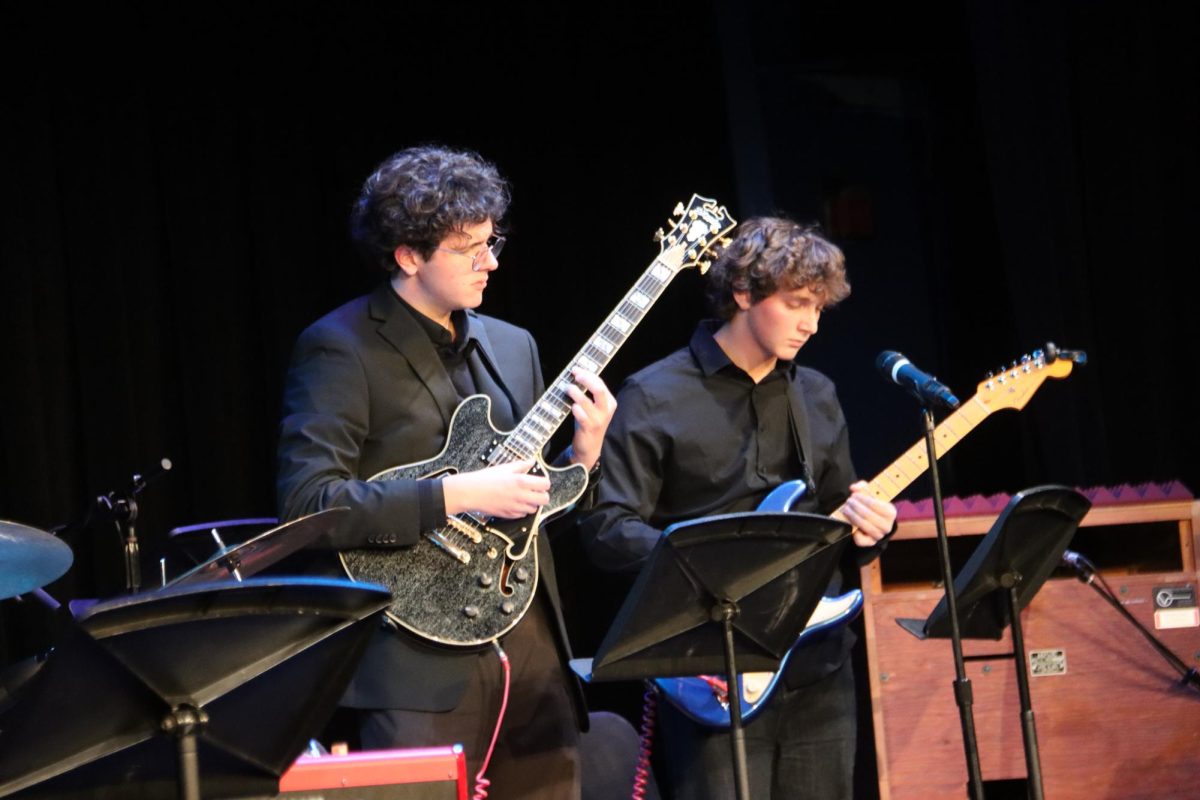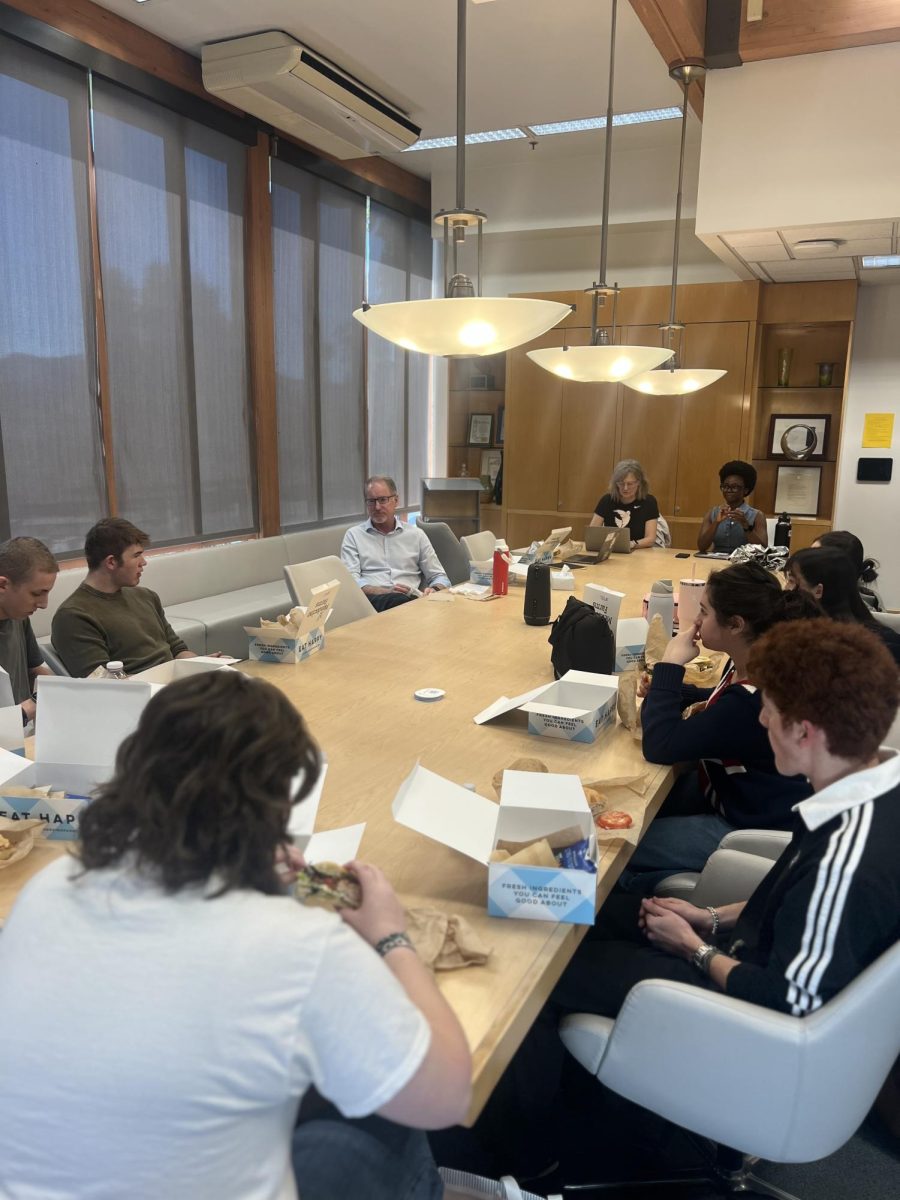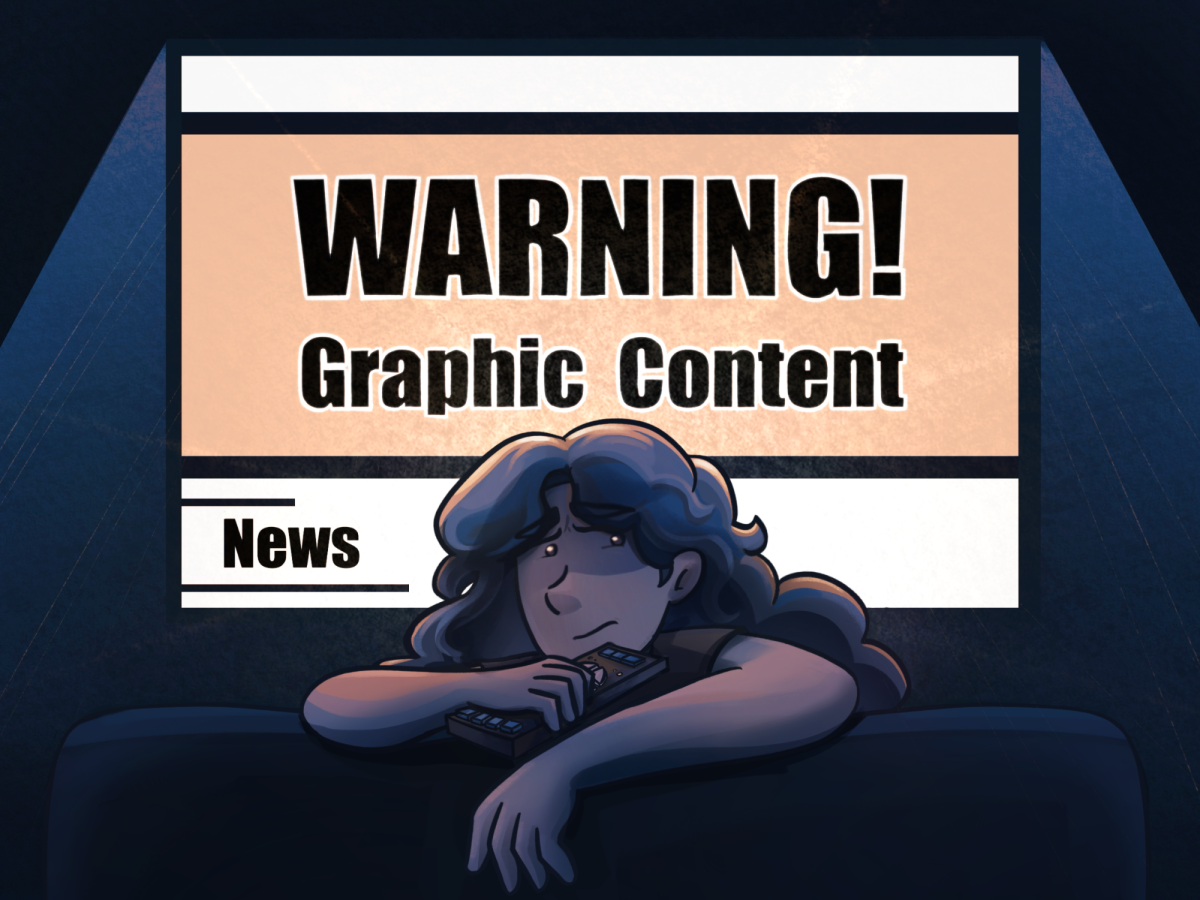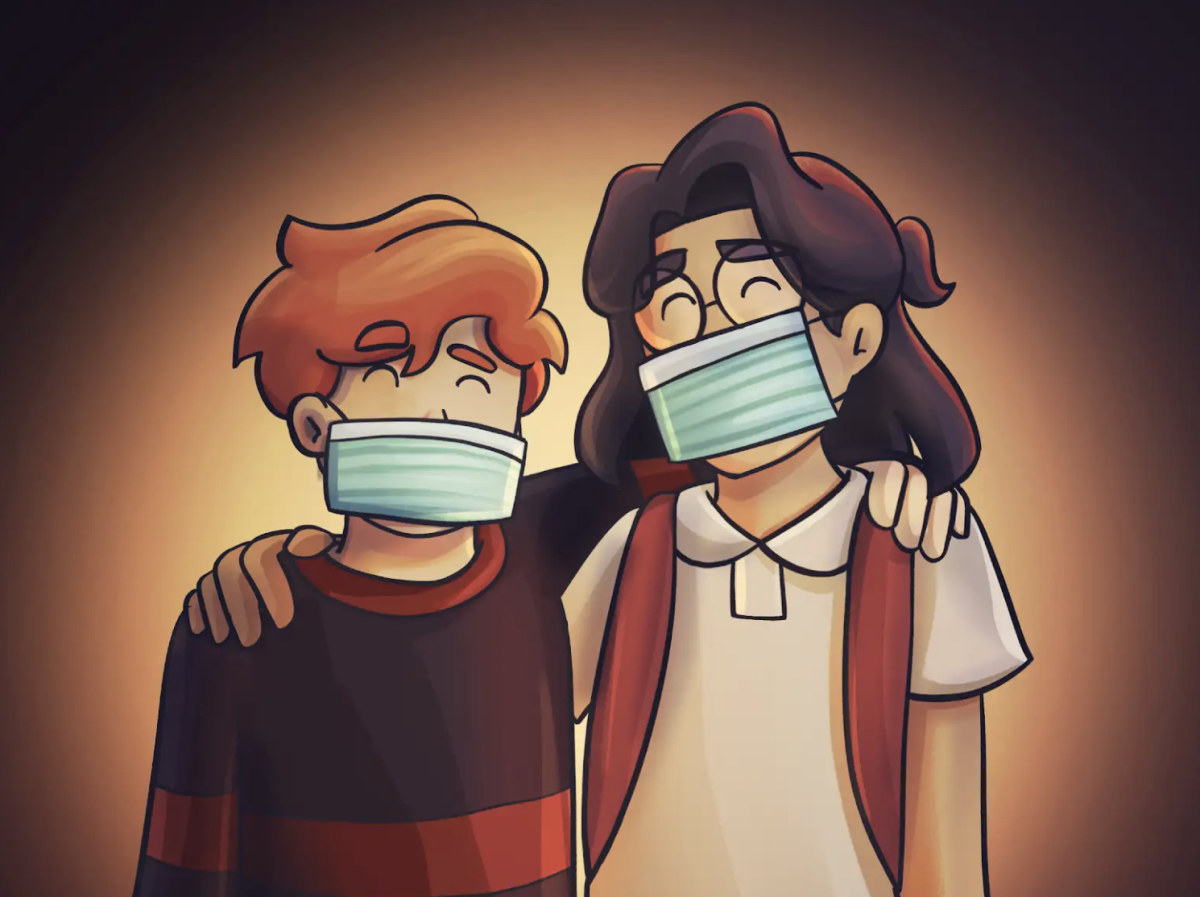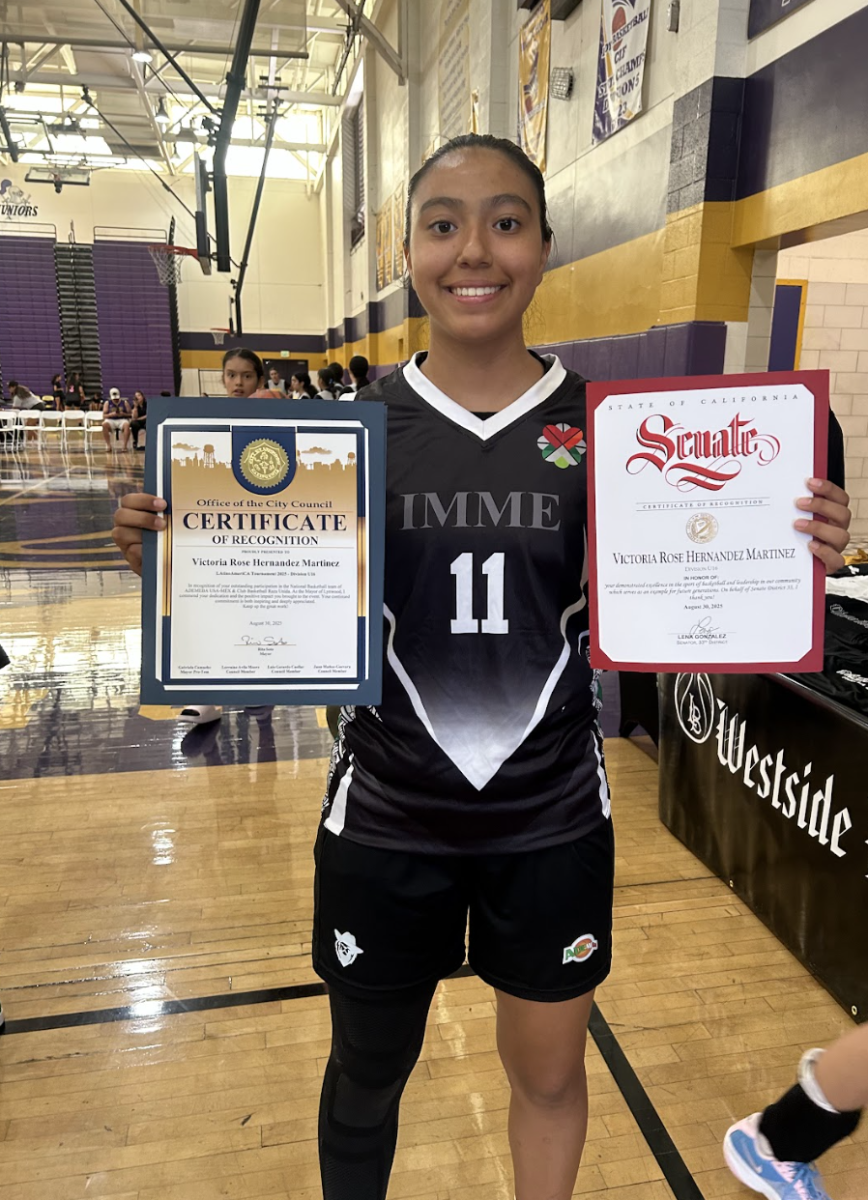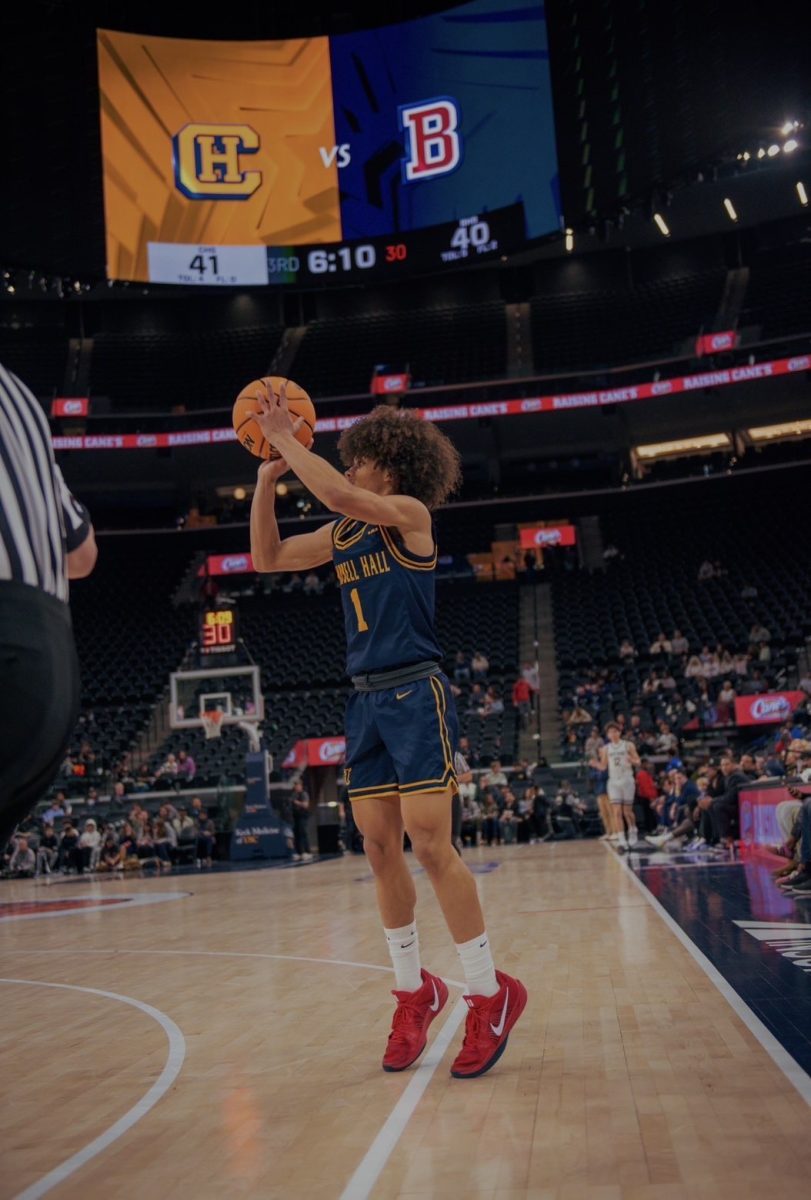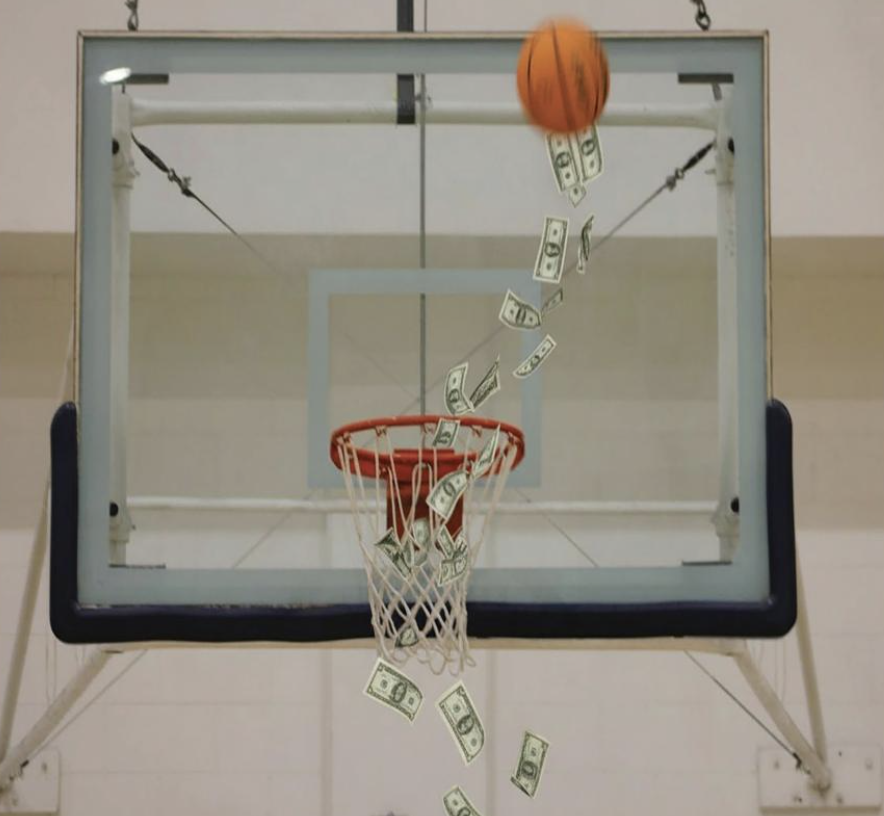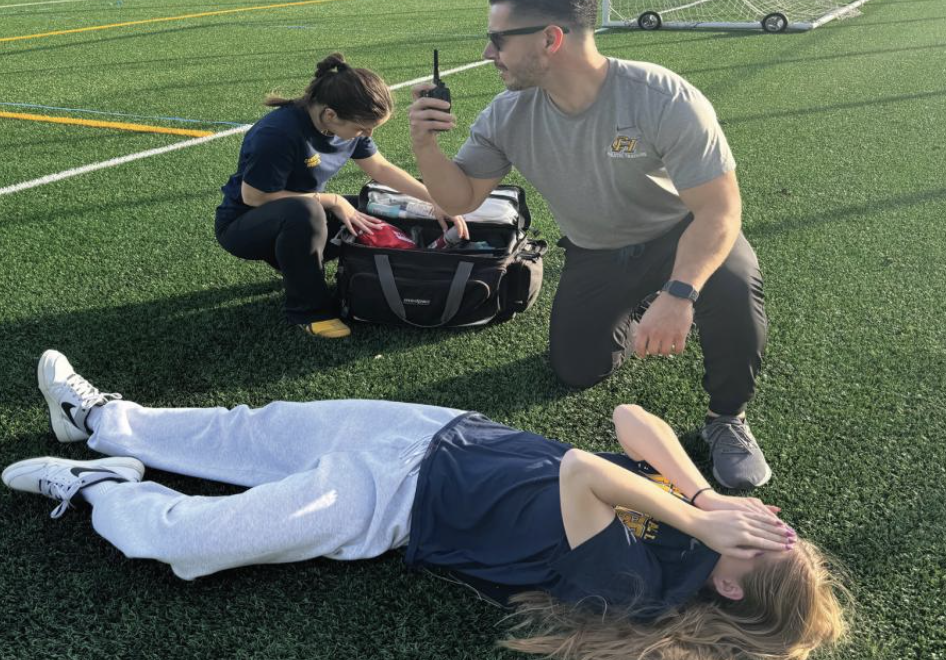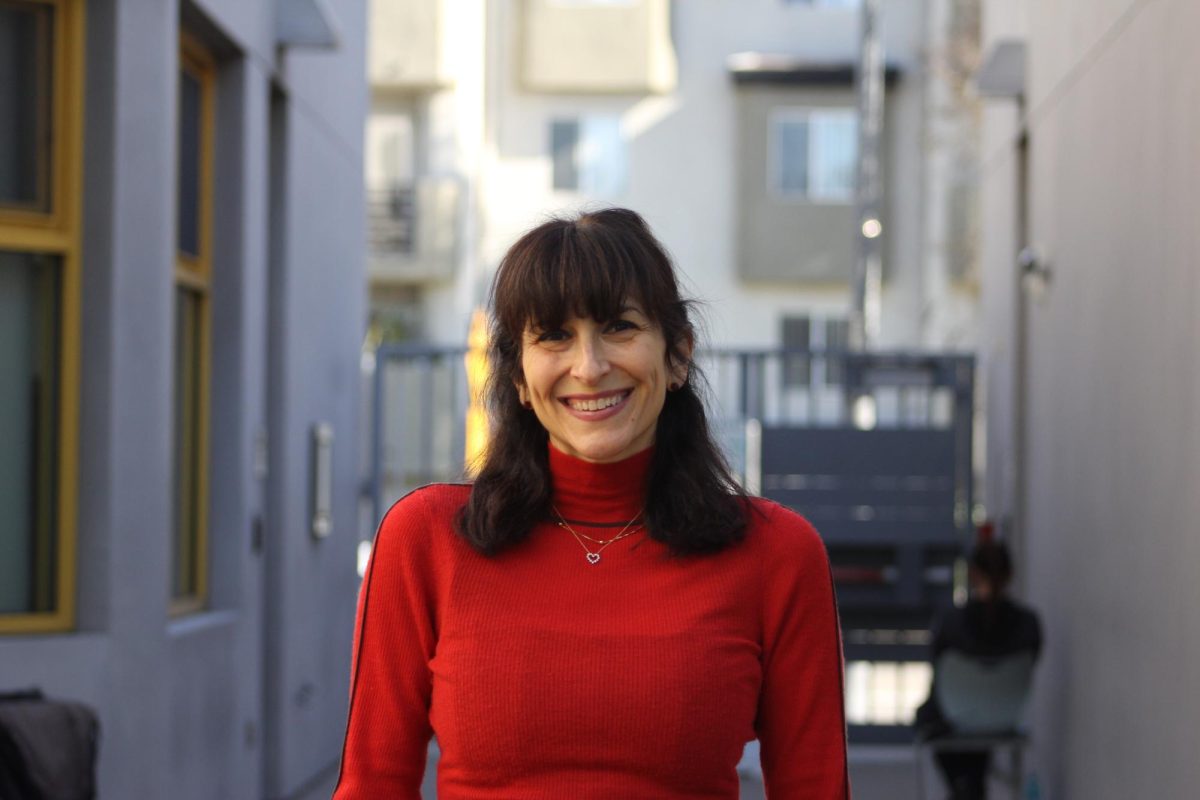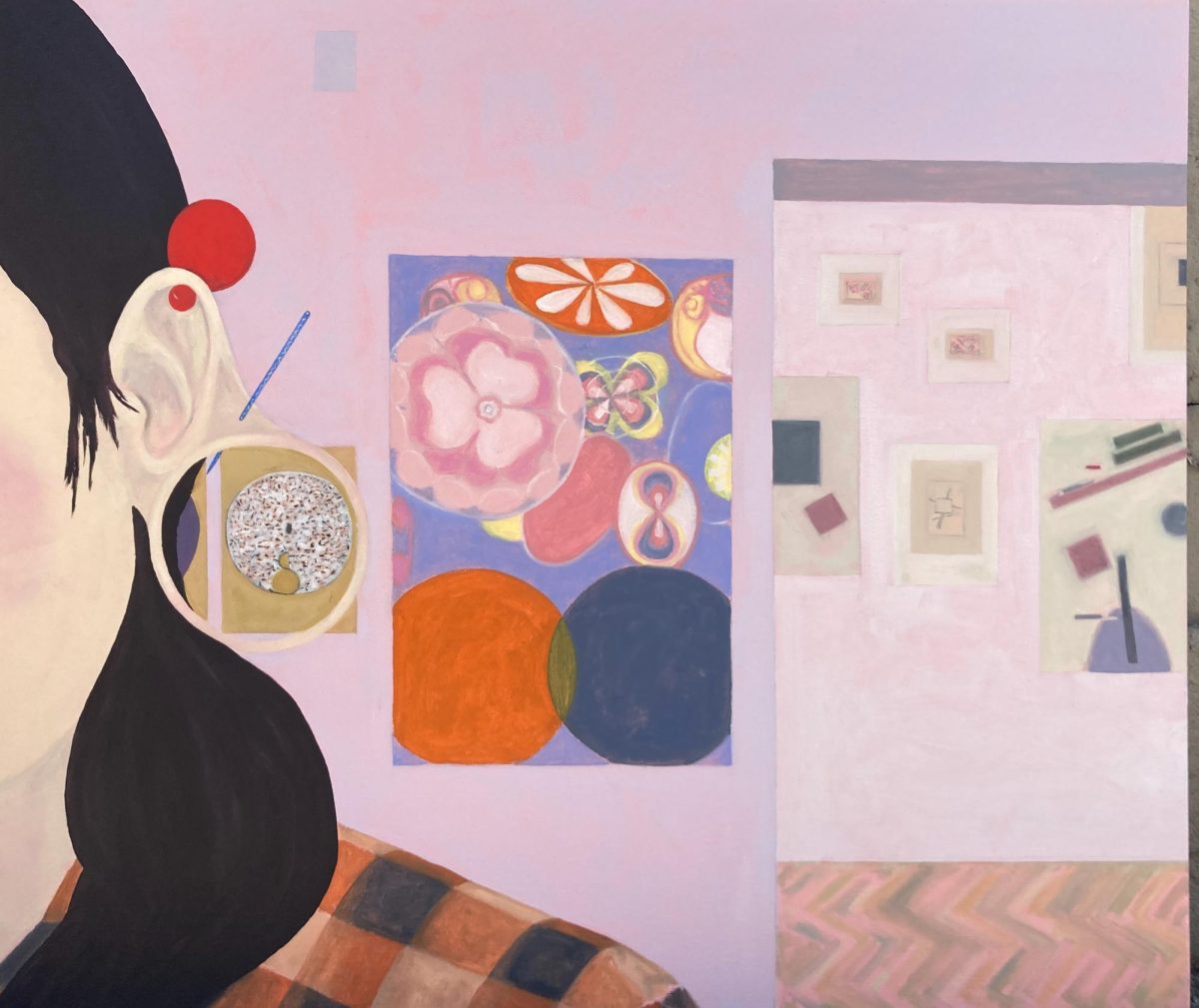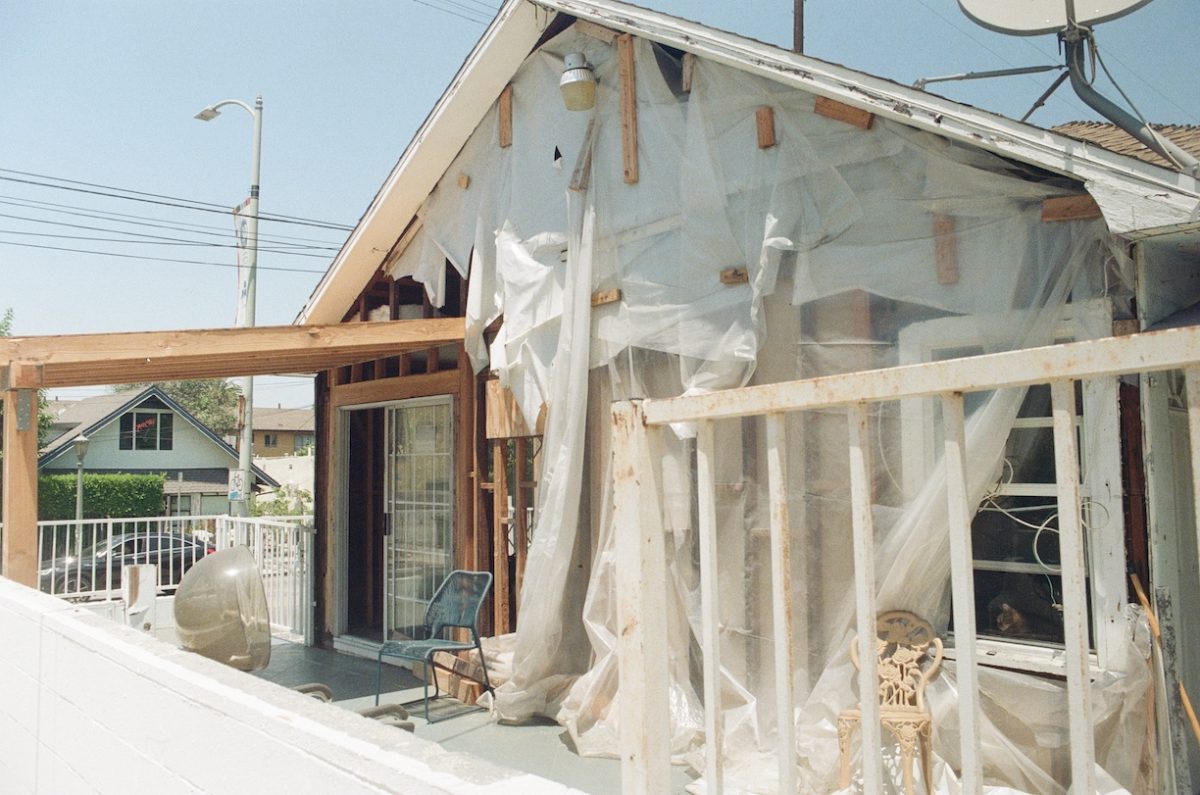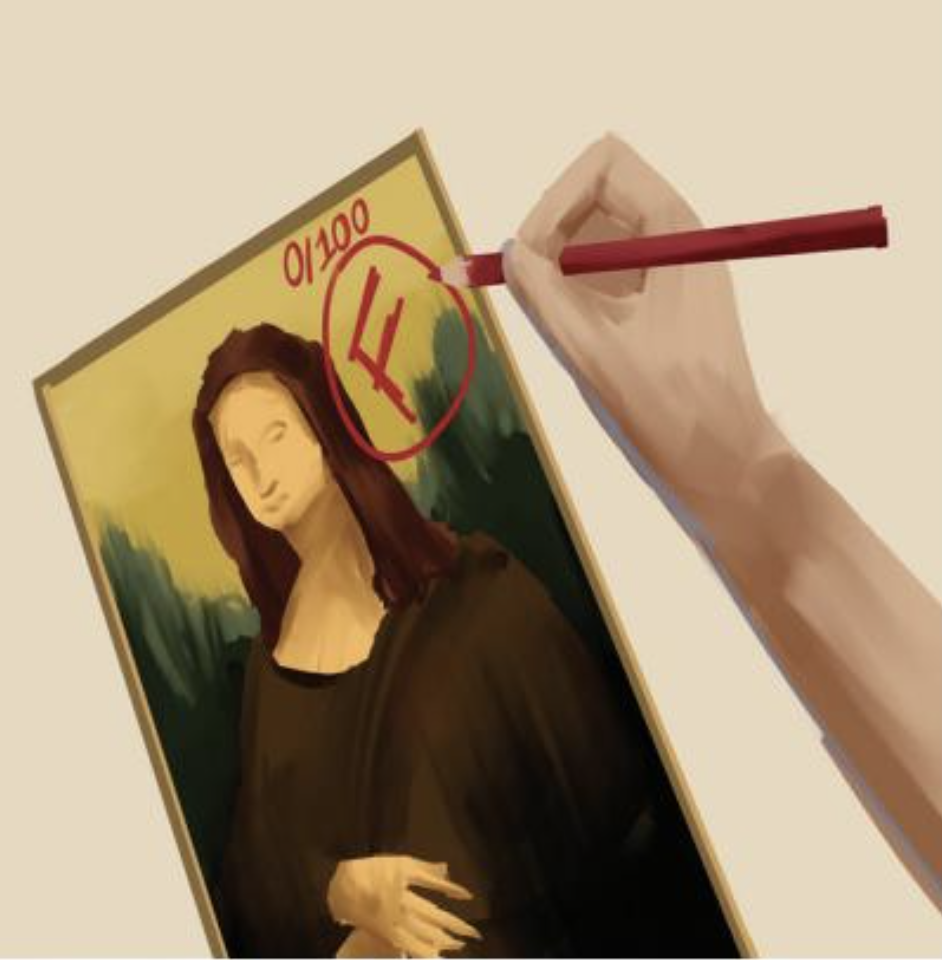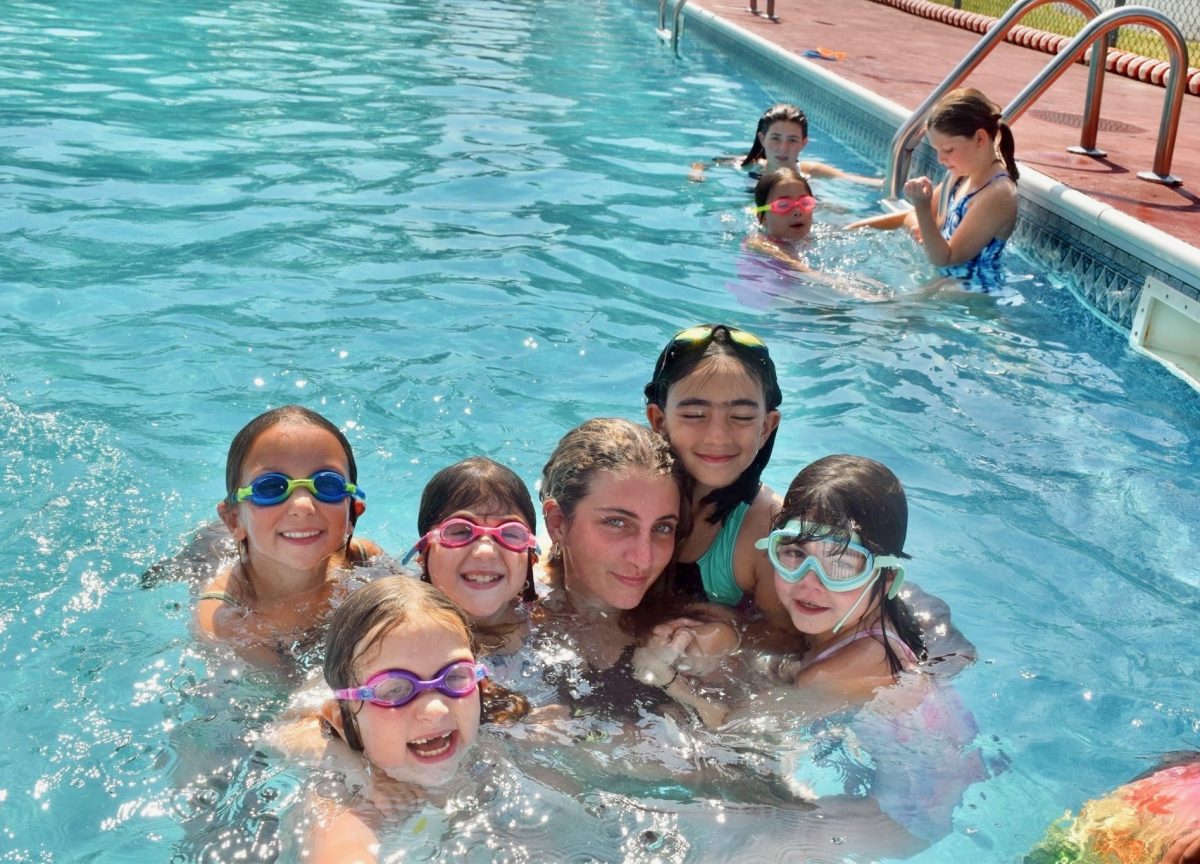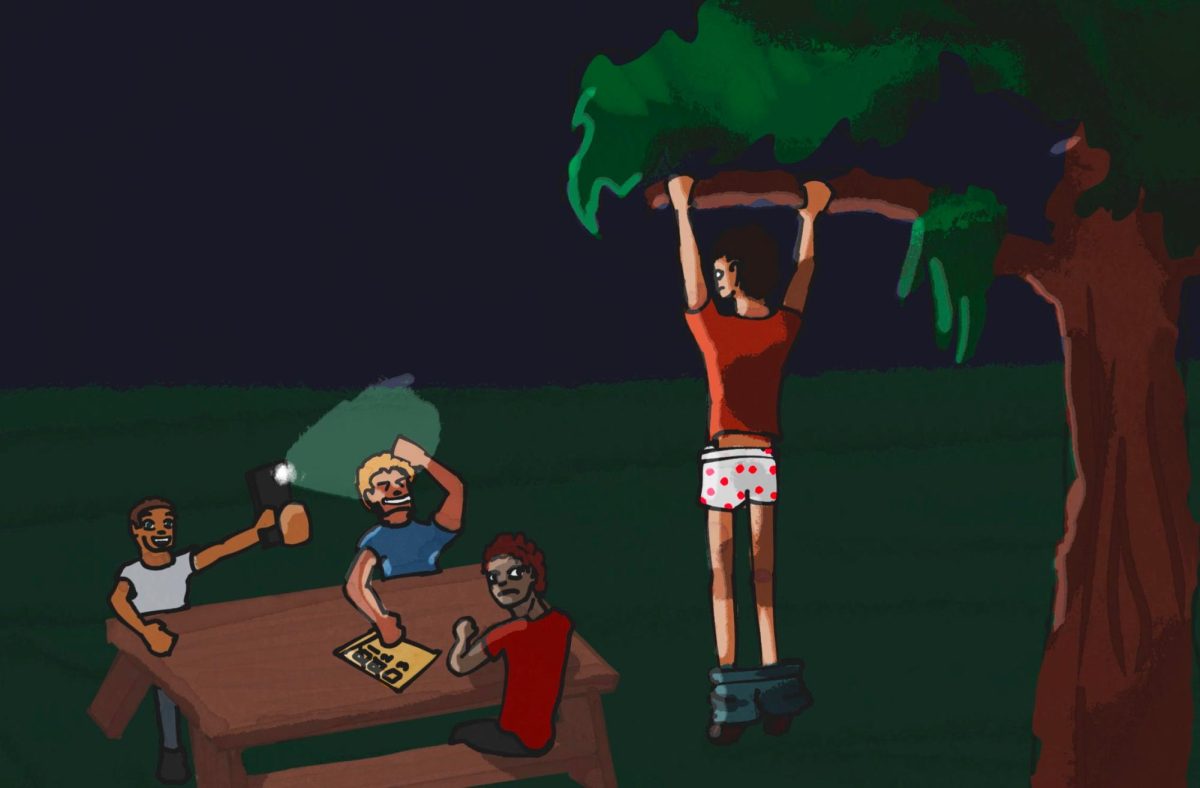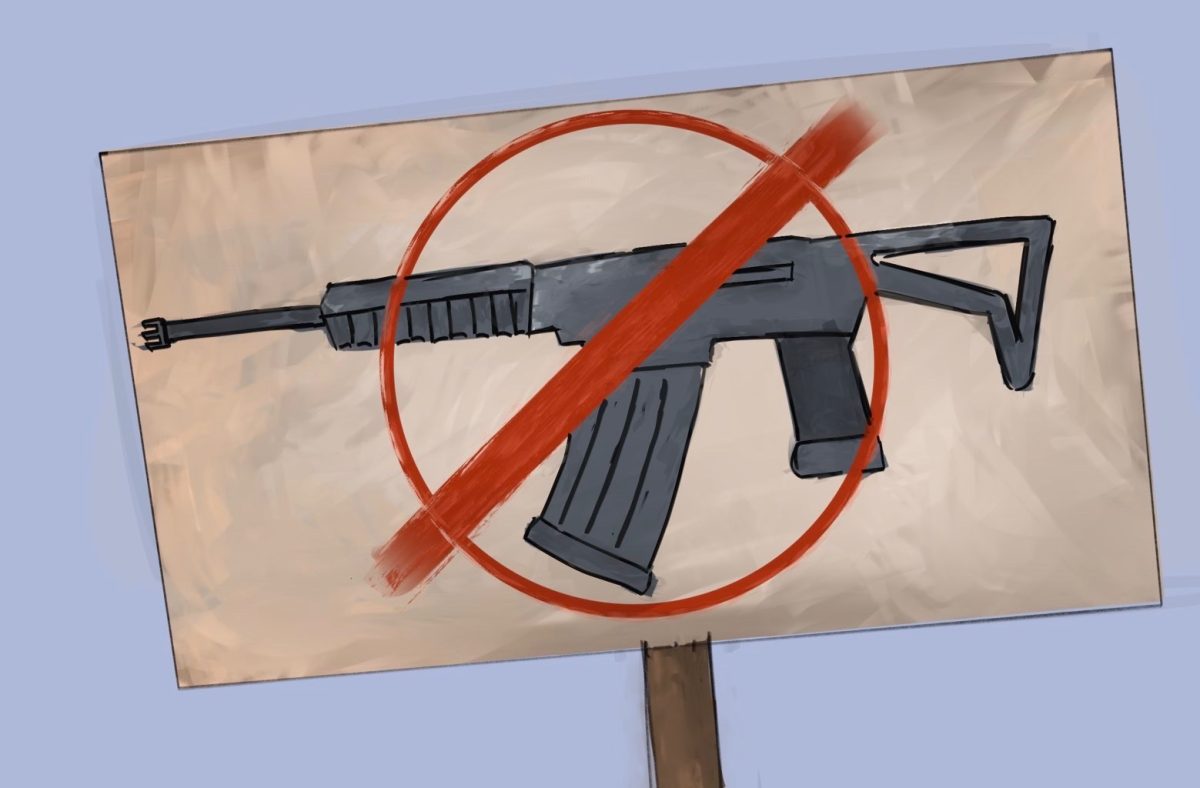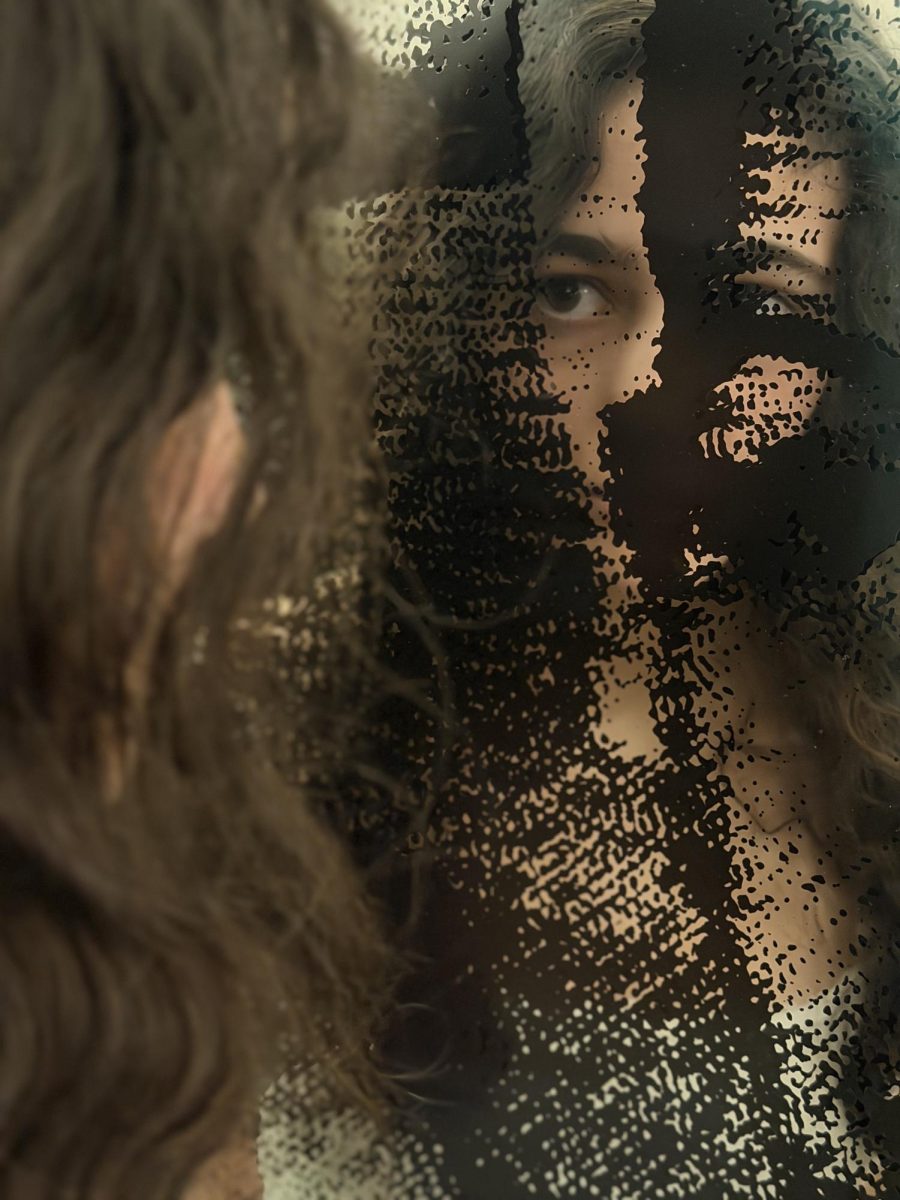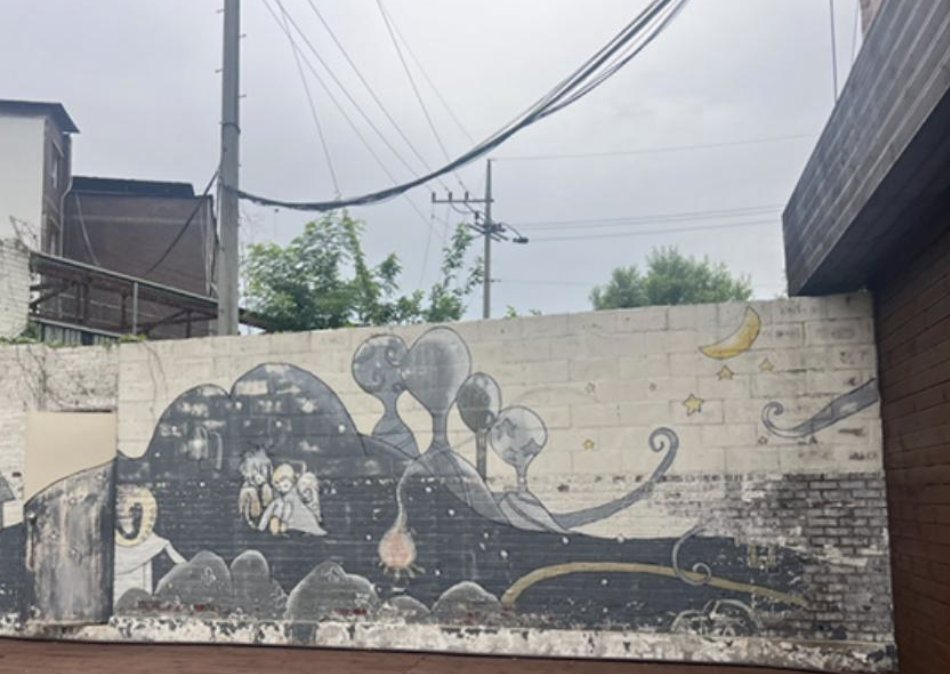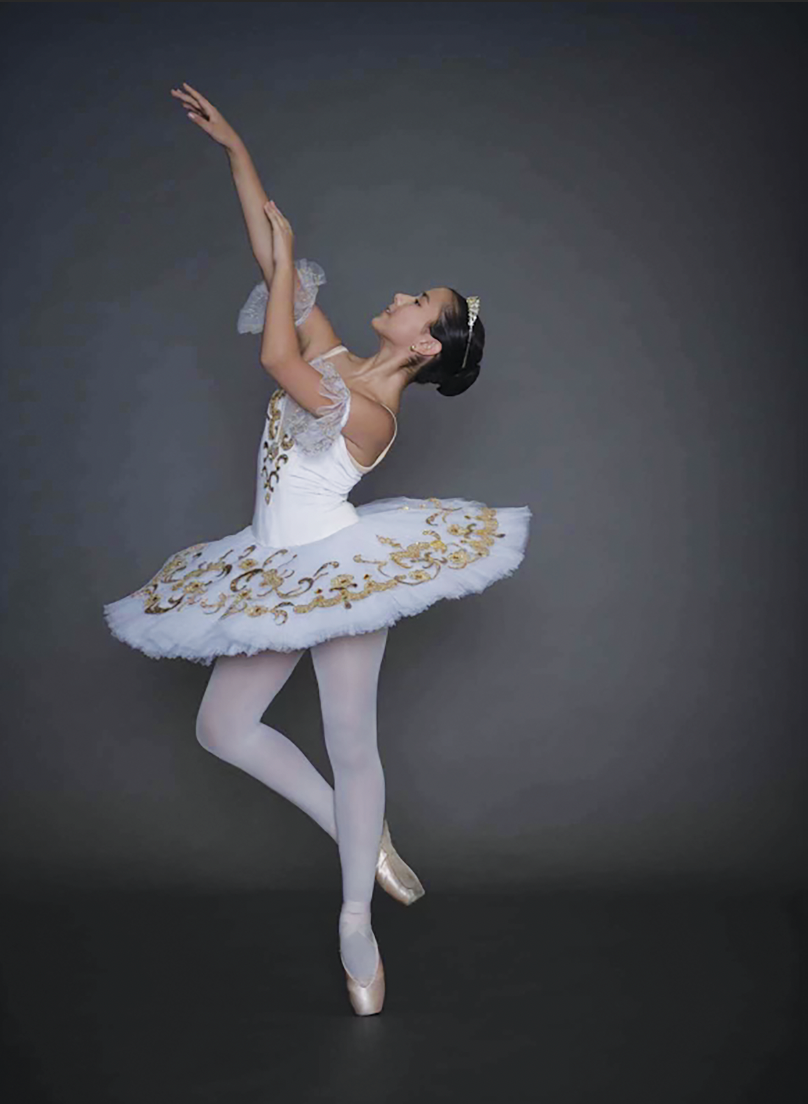“Chin up, stomach in, shoulders back” I listened as I moved my body to correct each comment.The ballet world revolves around the ideas of discipline, consistency and respect, but when do these ideas turn into silencing dancers?
Throughout the thirteen years I have danced, I vividly remember the moments when I was told not to “talk back” to any of my teachers. If I needed to say “yes” or “no”, I was forced to simply nod my head, or the teacher would find my actions disrespectful. I found myself becoming hyper-focused on my behavior and every small action I made in front of my ballet teacher. I was scared to make a sound in class, ask to go to the bathroom, or to express the aching pain in my hip. The one thing I wanted most was the utmost approval from my teacher. I would endure the backhanded comments about the way my bones are shaped or the lack of rotation in my hip, all the qualities I couldn’t change. Even then, I would smile and nod my head, while internally my mind was circling about the endless flaws I was being told to correct. Many people would ask why I wanted to do a sport that was so mentally draining? I would always respond with, “what would happen if dance was not in my life? Who would I be?”
The dance world has a unique atmosphere in comparison to many other sports. For instance, during ballet class, students are singled out in front of the entire class to set an example for the other students. Teachers call students out for having their hands on their hips, yawning, or verbally saying “yes” instead of a small nod of the head.
I remember being twelve years old, when I stood exhausted on the sides of the class, waiting for my group to be called. I casually placed my hands on my hips, without the intention that my actions would be offensive or disrespectful. My heart dropped as I heard the music stop and my teacher yell my name. I moved to the front of the class, with what seemed like a hundred eyes staring and judging as my teacher described me as a person of ignorance and a “ poorly-mannered” demeanor. I felt as my eyes began to well and my throat thicken, trying everything in my power to not let a single tear roll down my cheeks. Those words hit me like a punch to the gut. From then on, I began to question every action I made, correcting any small movement of my body. Whether it was exhaustion, pain, emotion, I pushed every human need back, to seem like a “picture perfect” person for my ballet teacher.
I have spent every waking hour in the studio and have taken in all the flaws that teachers point out from such a young age. Over time, the constant disapproval from my teachers, beat down my self-esteem to the point where I find myself picking apart everything that was wrong with myself.
I was raised with the ballet norm of being quiet, and I felt restrained from using my voice. Having these ideas engraved in my head caused me to be very shy all throughout elementary school. I was scared to be called on in class, because I was afraid of getting the answer incorrect. I would let other kids walk all over me because I was taught to be obedient and always respectful. It took me years to find my voice and become the outspoken person I am today. Nonetheless, when I enter the ballet studio, I return to my old habits, where I am twelve years old again and every movement is calculated and my voice is barely vocal.
Dancers who inevitably make it outside the walls of the studio and into the real world find it hard to speak up for themselves. They let people take advantage of their compliance because they grew up in a community where speaking up for themselves wasn’t an option. However, for dancers it doesn’t matter if their voice is silenced because the minute the music turns on and their mind finally stops running, that’s when dancers find their voice. Dancers are the most vocal and articulate when they are dancing because all they need to say is in the meticulous steps and expression of their movement.


